Understanding Your Needs and Requirements
Choosing the right meat procurement partner begins with a clear understanding of your business’s specific needs and requirements. Start by defining the types and quantities of meat products you need, such as fresh, frozen, or processed meats. Consider any particular quality standards or certifications that your business requires, such as organic or grass-fed options. Additionally, assess your supply chain needs, including frequency of delivery and volume. Understanding these requirements will help you narrow down potential partners who can consistently provide the products you need, ensuring they align with your operational goals and customer expectations. By articulating your specific needs, you can better evaluate whether a potential partner can meet those demands and contribute positively to your business operations.
Evaluating Quality and Safety Standards
Quality and safety are non-negotiable in the meat industry, making them crucial considerations when selecting a procurement partner. Ensure that potential partners adhere to stringent industry standards and hold relevant certifications, such as USDA or CFIA. Investigate their quality control processes, including their handling, processing, and storage practices. It’s essential to verify that they have robust traceability systems to track products from source to delivery, ensuring compliance with food safety regulations. A partner committed to high quality and safety standards will help prevent issues related to product contamination or spoilage, thus maintaining your reputation for delivering safe, high-quality products. By prioritizing these factors, you can ensure that your procurement partner supports your commitment to quality and regulatory compliance.
Assessing Reliability and Supply Chain Capabilities
Reliability and robust supply chain capabilities are essential for maintaining a smooth operation. Evaluate the reliability of potential partners by looking at their track record for on-time deliveries and their ability to meet agreed schedules. Assess their logistical capabilities, including transportation methods, storage facilities, and inventory management practices. A dependable partner should demonstrate the ability to handle variations in demand and manage supply chain disruptions effectively. Check their contingency plans for unexpected issues and their overall capacity to provide consistent service. Reliable partners reduce the risk of delays and supply chain interruptions, ensuring that your business operations run smoothly and that you consistently meet customer expectations.
Comparing Pricing and Cost-Effectiveness
When selecting a meat procurement partner, comparing pricing and cost-effectiveness is crucial. While finding competitive prices is important, it should not compromise quality. Obtain detailed pricing information, including any additional costs for services such as delivery or handling. Analyze the overall value offered by each potential partner, considering factors like product quality, service level, and reliability in addition to cost. Transparent pricing and a clear cost breakdown will help you make informed decisions and avoid unexpected expenses. By carefully evaluating the cost-effectiveness of each partner, you can ensure that you receive high-quality products at a fair price, optimizing your budget and improving your profitability.
Reviewing Customer Service and Support
Exceptional customer service is a key aspect of a successful procurement partnership. Assess potential partners based on their responsiveness to inquiries, their problem-solving capabilities, and their flexibility in accommodating your needs. Effective communication and prompt issue resolution are vital for maintaining a productive relationship. Look for partners who offer ongoing support and are proactive in addressing any concerns or changes in your requirements. A partner who provides excellent customer service will contribute to a smoother procurement process and a more positive experience overall. By prioritizing strong customer support, you ensure that your procurement partner will be reliable, attentive, and committed to meeting your business’s needs.
Exploring Reputation and References
Investigating the reputation of potential meat procurement partners is an important step in the selection process. Research customer reviews, industry testimonials, and company references to gauge the partner’s credibility and reliability. A partner with a strong reputation will have positive feedback from other businesses and a solid track record of successful partnerships. Request references from current or past clients and discuss their experiences with the partner to gain insights into their performance and service quality. This due diligence helps you select a partner who is reputable and well-regarded, increasing the likelihood of a successful and mutually beneficial relationship.
Conclusion
Selecting the right meat procurement partner is critical for ensuring the efficiency and effectiveness of your supply chain. By carefully evaluating factors such as your specific needs, quality and safety standards, reliability, pricing, customer service, and the partner’s reputation, you can make a well-informed decision. A strong procurement partner will not only meet your product requirements but also support your business with reliable service and value. Prioritizing these considerations will help you forge a successful partnership that enhances your operations, maintains product quality, and contributes to your business’s overall success. A well-chosen procurement partner can be a key asset in achieving your business goals and sustaining growth.

